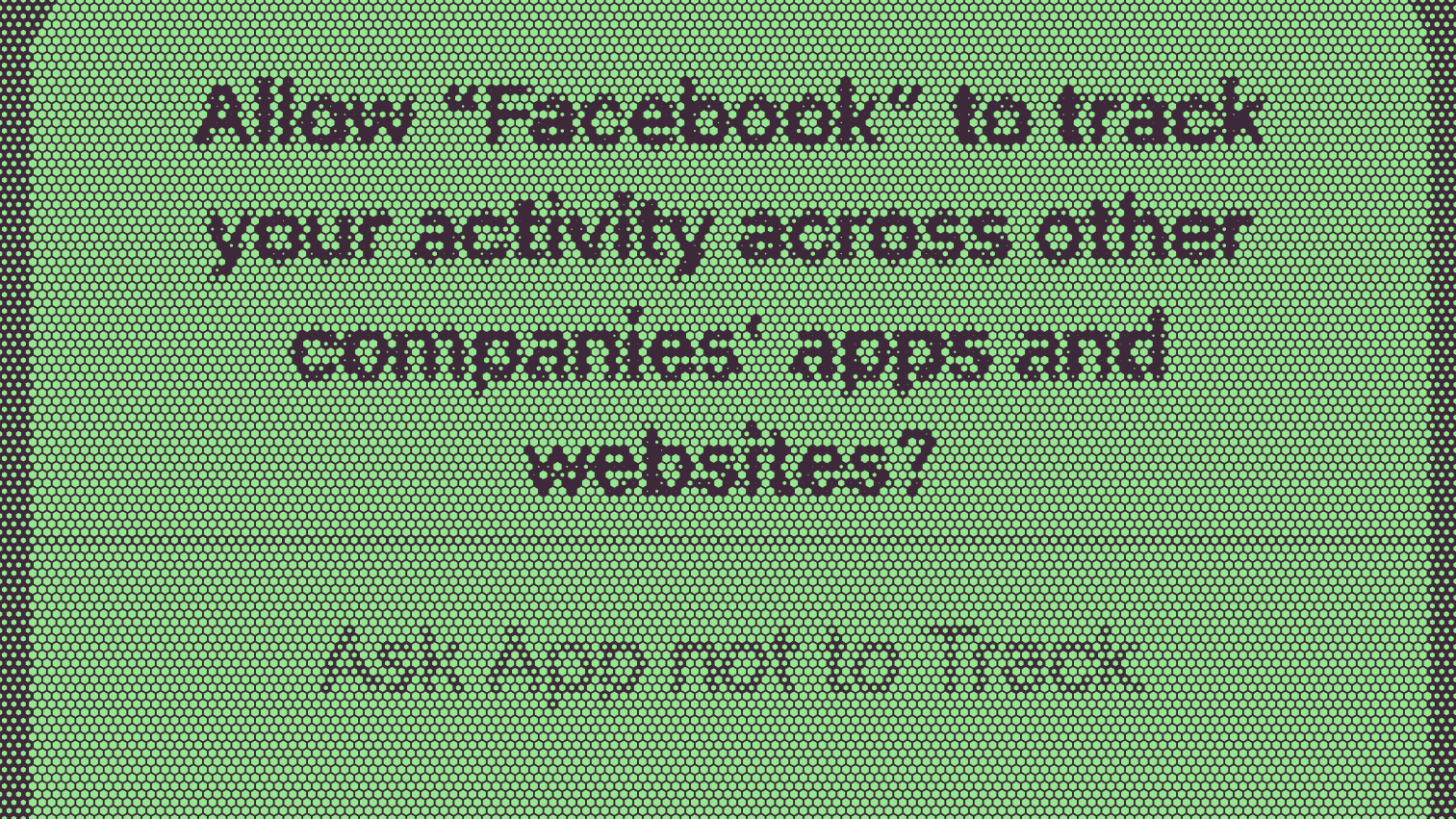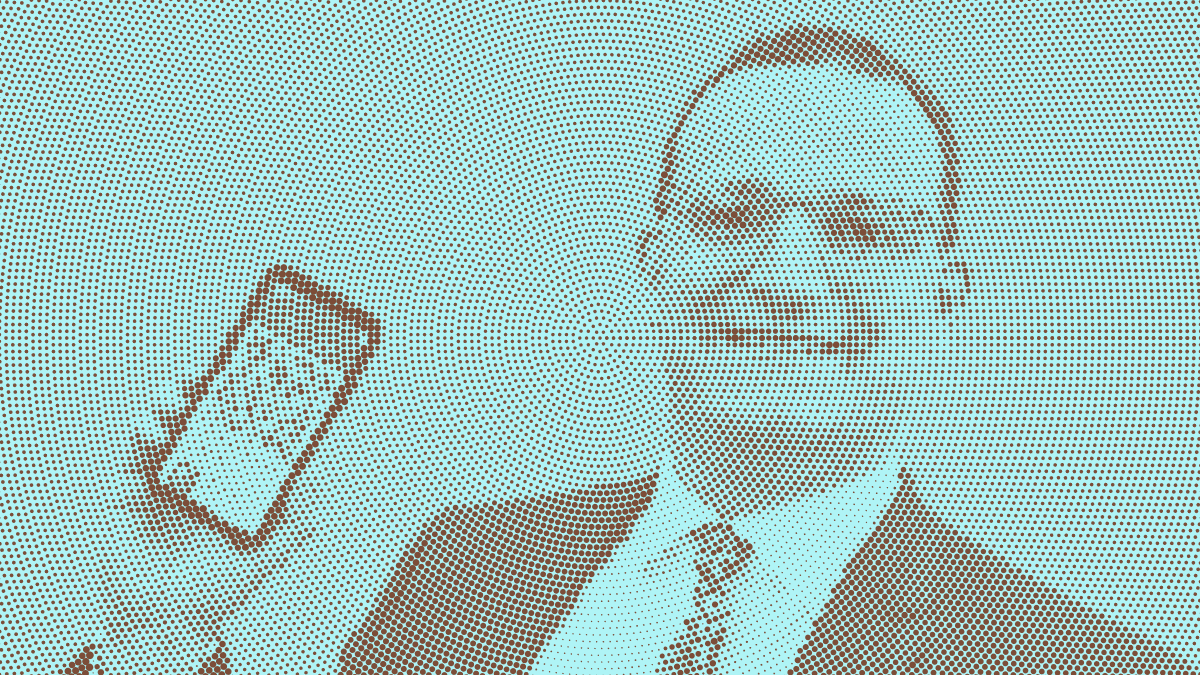Looking at the plans for the new German government, made up out of the Social Democrats, Greens and Liberals, there are some interesting free speech and privacy implications for the future. Not only of Germany, but probably also for much of Europe.
What we've been suspecting all along has now been proven correct: Apple's app anti-tracking feature in iOS does precisely nothing to effectively protect your privacy. In fact, it makes things worse. And Apple probably knew this was the case, too.
At what point does a person who is bullied relentlessly become responsible for the situation if they keep encouraging it? That's the question we are trying to fathom when looking at the case of German YouTuber Rainer Winkler aka. Drachenlord.
When Whitfield Diffie, Ronald Rivest, Steven M. Bellovin, Peter Neumann, Matt Blaze and Bruce Schneier come together to publish a paper on the security and privacy implications of client-side scanning, we should listen up.
Modern Solution created a software platform that is so ass-backwards and treats customer data so casually, it's almost criminally negligent. Instead of fessing up to how bad they are as a company, they now want to get a security researcher in jail.
Authentication on the internet is fundamentally broken. Weak passwords, password reuse, data leaks and untrustworthy third parties tracking us while they log us in are the unfortunate reality right now. One man decided to single-handedly fix this mess.
Pegasus isn't new. Anyone in the field has known about NSO Group's spyware and its use against politicians, activists and journalists for half a decade. What's worth discussing, though, is how the topic has been ignored for so long. Both by the press and by iPhone maker Apple.
What are the new features Apple is implementing in iOS 15 that have privacy and security people all up in arms? And why none of this should come a surprise to anyone who's actually paid some attention and is thinking for themselves instead of just buying the company propaganda.
The certificate infrastructure of the German digital immunity passport, based on an EU-wide system, has been completely undermined by a hack that's so easy to pull off that probably any twelve year old with a computer can accomplish it.
The German police can now hack into computers and phones, without the target having to have committed a crime. Even though a Berlin court has just ruled evidence from similar hacks originating outside of Germany to be inadmissible in criminal proceedings in the country.









